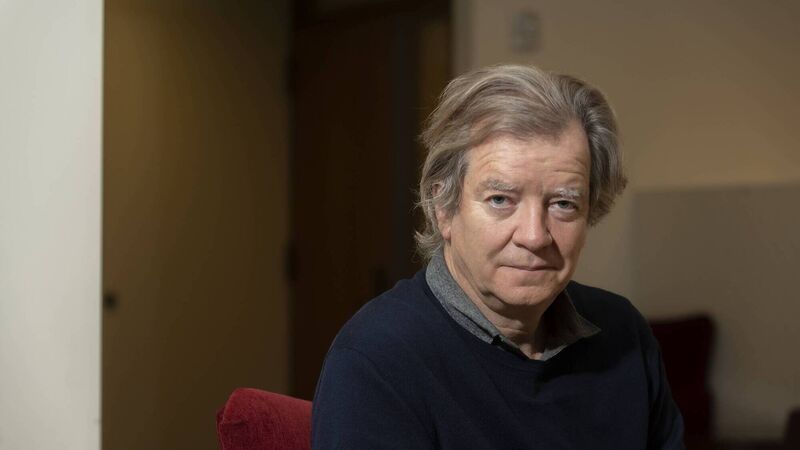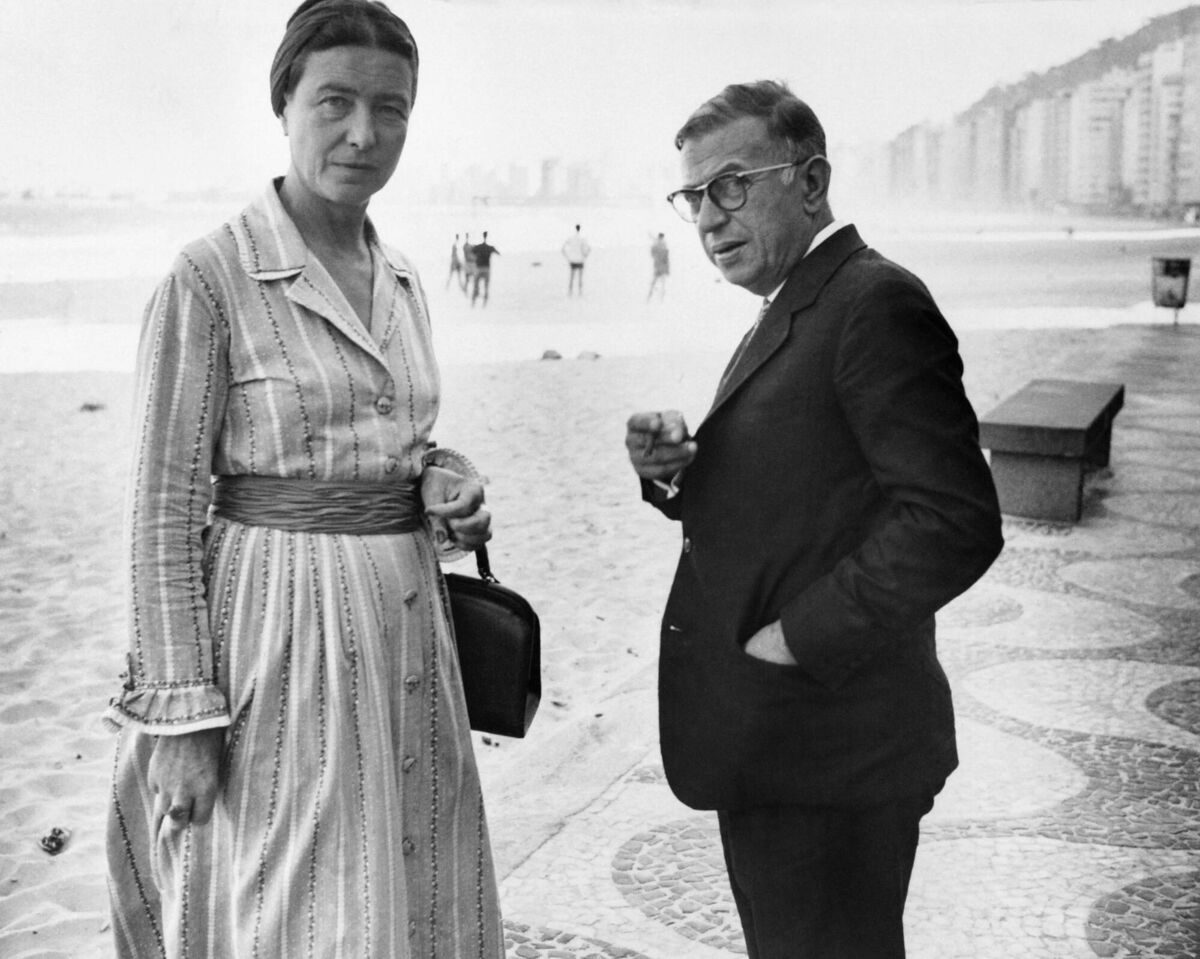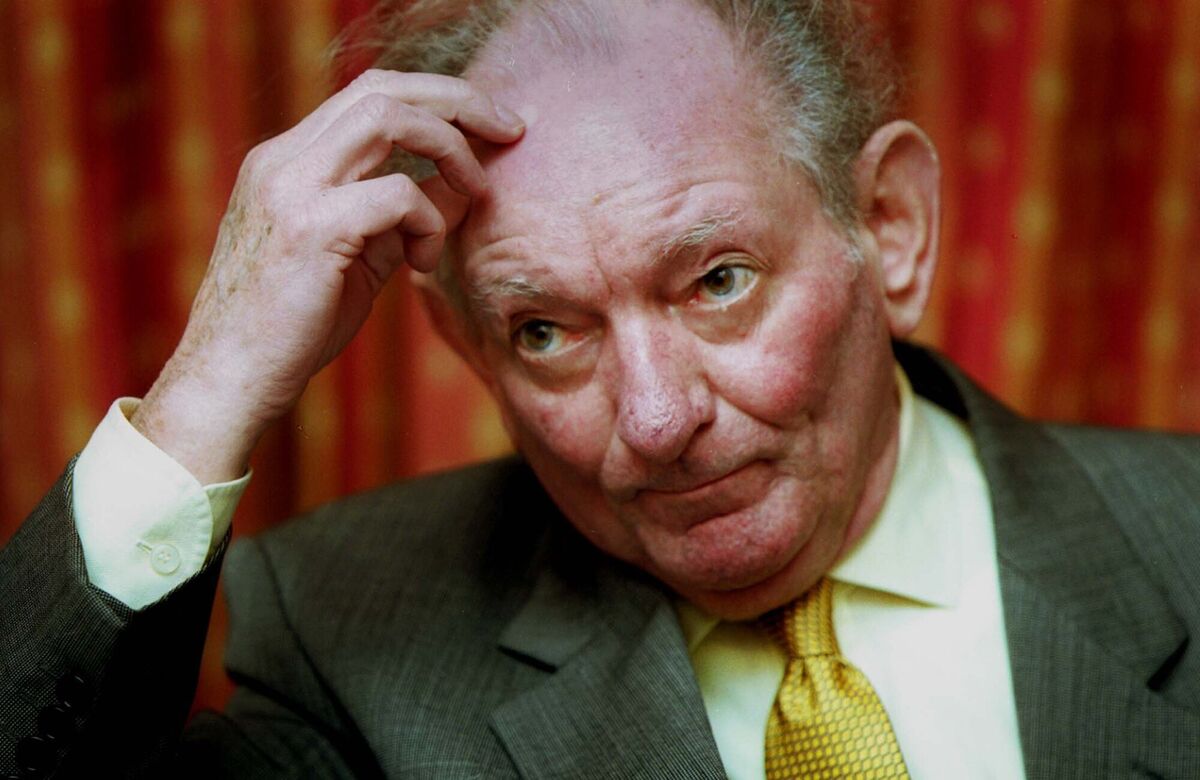Culture That Made Me: Cork-born philosopher Richard Kearney

Prof. Richard Kearney. Picture: Lee Pellegrini
Born in 1954, Richard Kearney grew up in Carrigrohane, Cork. He is the author of over 25 books on European philosophy and literature. He is a professor of philosophy at Boston College, Massachusetts. He is married with two daughters.
He will be in conversation with Flor MacCarthy about his third novel Salvage at the West Cork Literary Festival, Bantry, 3pm, Friday, 7 July; there will be an additional Irish launch for Salvage at Union Hall’s Cnoc Buí Arts Centre (July 16). See: www.westcorkmusic.ie
Liam O'Flaherty’s novel Skerrett is a love story set in a fictitious island loosely based on the Aran islands. Skerrett is a teacher who came to the island. There was a real raw, visceral, physical passion to it. It almost embodies the landscape, the wild landscape of the Atlantic, those bare, windswept coasts. It's beautiful. It’s one of the earliest books I read. It wasn't romantic sentimentalism or nostalgia for old Gaelic ways. It was passion for the environment, the landscape, the Earth, the sea that was personified in the love relationship in the novel. Our appreciation of sea, land and earth is so important now, as we face climate disaster, and are coming back to a new appreciation of plants, fish, weeds and so on.
I remember being in Christian Brothers College in Cork, when I read a poem by Máirtín Ó Direáin, which really moved me. It’s a poem also set in the Aran Islands on Inis Mór. He has a beautiful description of walking on Kilronan pier. He's listening to the mad, triumphant roar of the waves in the ocean. And then within the little harbour, he describes the water coming up the little inlets and whispering out of love for the sand. It's a love poem, but a love poem for nature.
I love the mix of trad and contemporary like, say, Thin Lizzy’s version of Whiskey in the Jar: “As I was goin’ over the Cork and Kerry mountains/I saw Captain Farrell and his money he was countin’…” Phil Lynott singing a traditional song in that rock, wild blues way. There was something great about that when it came out in the early 1970s because you were allowed to be proud of your Irish musical heritage while at the same time not being a traditionalist, which the church would have been. It allowed you to have an Irish rock culture that was separate from Irish Catholicism.
A novel that made an impression on me as a 13-year-old while at boarding school – like Stephen Dedalus – in Glenstal Abbey in Limerick was Portrait of an Artist by James Joyce. It had a huge impact on me – an oversensitive adolescent finding his way with religion, sexuality, nationality, all the stuff that Stephen Dedalus goes through. It’s a very dreamy book. It's romantic and realist at the same time. It struck me a lot.
I became very interested in French literature. I married a French woman. An early French novel that moved me was The Scarlet and the Black by Stendhal. It’s set in France. It’s a love story, full of crime and passion and transgression. It’s also about a young man growing up. The genre is Bildungsroman, stories of formation. Julien Sorel was the hero who was going to become a priest and then he falls in love. As a young adolescent, growing up in Limerick and Cork, it spoke to me – first lust in the blood.
I was very influenced as a teenage schoolboy by Jean-Paul Sartre and Albert Camus. They were my entry to philosophy and contemporary European literature. They spoke to me a lot: post-war existential angst, questioning and desire. After the second world war, there was a sense of a cultural crisis, a political crisis, and an ethical crisis. They had a sense of human responsibility and choice and commitment, decision, freedom – freedom was the big one. When I was growing up in Cork, it was governed by Bishop Cornelius Lucey. Everything was copper-fastened. Everything was delivered by diktat. I loved the sense that the existentialist hero or heroine was someone who makes themselves. “Man is what he makes of himself,” as Sartre said.
I loved Simone de Beauvoir. She was a great feminist existentialist. She was a philosopher but also a creative writer. She wrote novels. She was the spark for so much of the feminist revolution: Our Bodies, Ourselves, a book by the Boston Women’s Health Book Collective, taking control of reproductive rights; free love and open-minded sexuality. That was all part of a seamless, almost international culture going from Prague to Paris to Derry to Los Angeles in the late 1960s and early ’70s. It went right across the globe.

Federico Fellini’s Amarcord is a favourite film. It’s Fellini's story of his own upbringing in Italy. The film has great humour, a sense of fantasy and carnival. It has his first sexual initiations, hanging out with the local band of boys and his encounters with politics – the whole Mussolini movement was in power when Fellini was a boy, and how he got through that. And then, of course, the role of the Catholic church in daily life. It’s fantastic.
I love Faith Healer by Brian Friel. I've always been interested in healing. I come from a medical family. My grandfather, five uncles and my father were all doctors. Half my brothers are doctors. The play interested me hugely about the relationship between medical healing and natural and spiritual healing. It’s about the whole question of faith, as only Friel could do, which is so important in Ireland, where there have been religious wars and people have a deep natural reverence and faith in things.

My favourite French film director is François Truffaut. His film Day for Night is about Truffaut as a young man, becoming a filmmaker. It's set on a film set. It's about making movies. It's very intellectual and philosophical on the one hand: what is movie-making? What is imaginary? What is real? How does a movie or a story transform reality? What's the difference between story and history? On the other hand, there's a sense of comic joy and mischief about it. Truffaut is played by Jean-Pierre Léaud, an actor you can identify with, who is not intellectually pretentious. It gets you thinking about real questions, yet those questions are done with a light hand in terms of a young man finding his way in romance, in making movies, with the backdrop of Paris life, the whole cafe culture, the sense of everything is possible.


